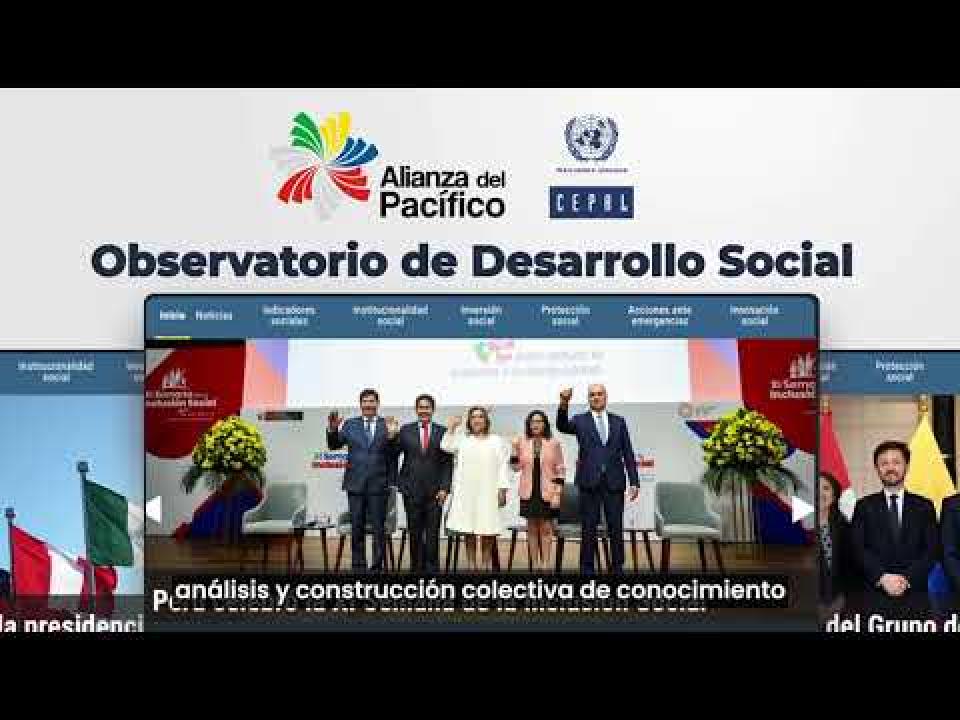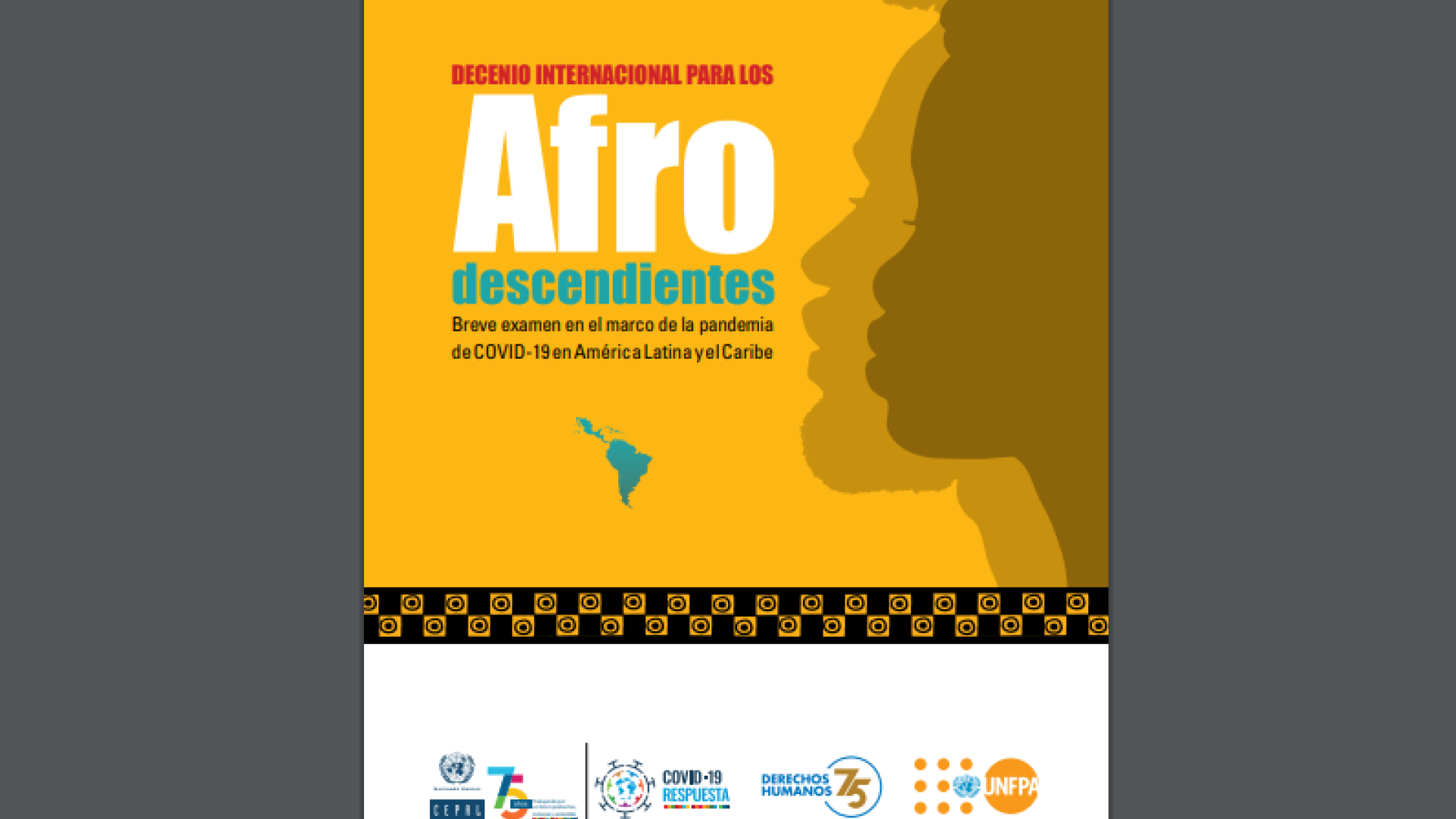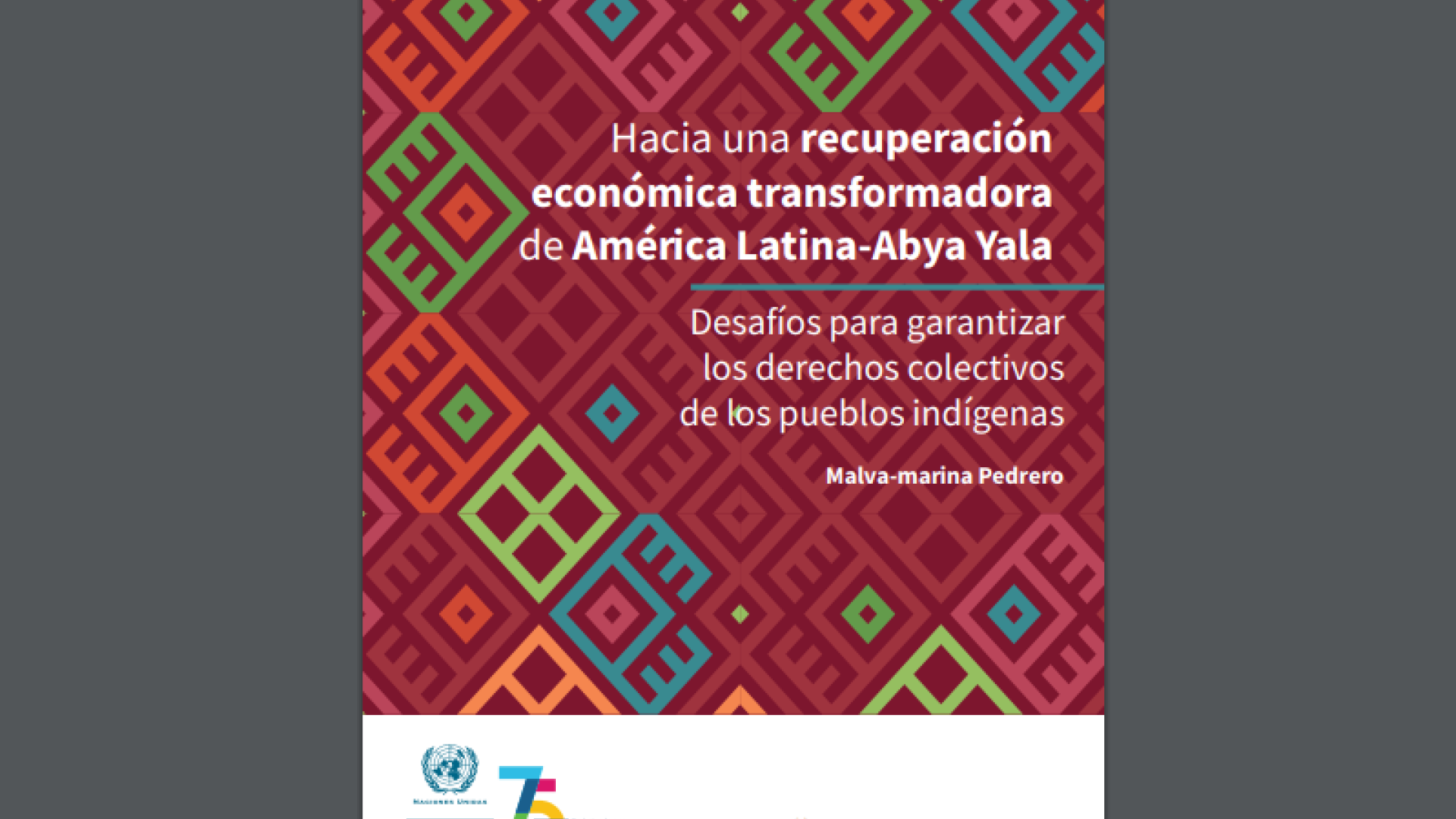video
HIGH-LEVEL MEETING ON TRENDS, OPTIONS AND STRATEGIES IN POVERTY ERADICATION ACROSS THE WORLD
30 June 2020
Statement by Ms. Alicia Bárcena, Executive Secretary, Economic Commission for Latin America and the Caribbean (ECLAC)
Poverty eradication and the quest for fairer, more inclusive societies with higher levels of well-being is at the heart of the 2030 agenda for sustainable development. In Latin America and the Caribbean, the challenges associated with the poverty eradication are structural, multifaceted and persistent. The region is the most unequal in the world in terms of the distribution of income among its population, with an average Gini index of 0.465 in 2018. But also on wealth (ginis over 0,8). Poverty and inequality has a women face. It is also beset by gender, racial, ethnic and territorial inequalities on different stages of the life cycle, which means that various populations group keep being left behind Culture of privilege that favours the elites is historical.
More than half of its workers (54%) are occupied in the informal sector, mostly women.
Unfortunately, Latin America and the Caribbean is currently the epicenter of COVID-19 with dramatic impacts in health, economic and social terms. It will result in a big setback in terms of poverty eradication and in achieving Goal 1 of the SDGs.
Our region made significant social progress between 2002 and 2014. We
publish every year in the Social Panorama the poverty data for more than
30 years. We found that poverty decreased from 45.4% of the total population to 27.8%, with 66 million people getting out of poverty. Similarly, extreme poverty fell from 12.2% to 7.8%. This progress was driven by a context of economic growth with job creation and formalization, but most importantly with a political context and leadership (we call it the progressive decade) in which the eradication of poverty, inequality, social inclusion, decent jobs and universal social protection, were priorities in the public agendas of most of the countries were redistributive in nature. The region increased the number and reach of non-contributory social protection programmes, both through successful conditional and non-conditional cash transfer programmes, labour inclusion programmes and social pensions. All these programmes both boosted the incomes of the participating households but also redistribution since they provided greater access to social services and decent work and dignity particularly to the elder. Progress in Goal 4, education was also notable, with almost complete universalization of primary education, greater enrollment in secondary education and adoption of technical, professional and tertiary education for segments traditionally excluded.
The significant gains were linked to three main factors:
1. income growth among the poor and vulnerable thanks to increases in labour income, which makes up 72% of all household income, and
2. Public transfers under social protection systems, with expanded
and diversified entitlements.
3. Migran remittances which represent a key element of income in some countries, especially in Central America and the Caribbean.
Since 2014, with a persistent economic slowdown (economic growth averaged only 0.4% for 7 years changed the trend of poverty reduction intensified by the reduction in fiscal space and adjustment policies which affected these social programmes. Poverty rose from 27.8% in 2014 to 30.1% in 2018, and extreme poverty increased from 8.7% in 2014 to 10.7% in 2018. This meant that in 2019 about 185 million people were living in poverty, 67 million of them in extreme poverty.
With 2020 we are at risk of another lost decade and a reversion of 13 years.
The COVID-19 hit the region in a bad footing.
Based on a preliminary estimate of a drop of GDP between -5.3 and - 8,5% will result in the increase of 3.4 percentage point in unemployment with around 40 million jobless.
We calculate that poverty in Latin America may rise by at least 4.4 percentage points (around 30 million more people) in 2020 bringing the total number of people living in poverty to 215 million (34.7% of the region’s population). Extreme poverty is likely to increase by 2.6 percentage points (15.9 million additional people), affecting a total of 83.4 million. Inequality is also set to rise between 0.5% and 6.0%.
Quarantines and physical distancing measures, to suppress the virus are leading to job losses and reducing personal and household labour income particularly the most vulnerable. The decline in remittances from family members will fall at least 20% hitting poor households.
Latin American and Caribbean countries have responded to the crisis by implementing social protection measures to compensate the loss of incomes to informal workers and other vulnerable population groups.
The main measures implemented are cash and in-kind transfers, which
so far amount to some US$ 42 billion, about 0.8% of regional GDP. However, these measures are insufficient and our region is at risk to go
from a sanitary to a nutrition crisis. This is why ECLAC is proposing the following actions:
1. A basic emergency income to all those in situation of poverty, equivalent to one line of poverty (140 dollars approximately) for 6 months. We estimate a cost of 2,1% of GDP. This could become the basis for a universal basic income that could be implemented gradually.
2. A hunger cupon or bond equivalent to 70% of the extreme line of poverty (67 dollars) for 6 months. We estimate a cost of 0,45% of GDP.
3. Support SMEs with subsidies and rescue strategic enterprises with a commitment to maintain jobs.
4. Expand liquidity and financial access to the middle income countries of the region.
We need a reset and a change of development model, on the basis of a productive structural change, with an environmental big push.
We need to focus on four key elements.
1. Redirect investment and idle capacities resulting from the supply shock to foster green transformation.
2. Productive inclusion with more technology, which means increasing productivity, and reducing technological gaps and productive heterogeneity by means of active industrial policies particularly for women.
3. Universal access to welfare, which entails strengthening social protection systems and ensuring quality social services for those left behind.
4. Better institutions, which can be achieved by improving their quality, tackling corruption and increasing trust in public institutions to overcome the structural gaps.
A social compact for equality is imperative together with a fiscal and a financial international compact.
Building back better for our region means building back better with equality.


